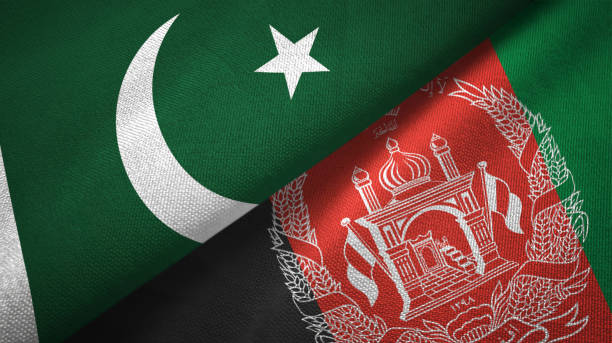Pakistan has reappointed Mohammad Sadiq as its Special Representative for Afghanistan, hoping his experience and diplomatic skills will help improve the strained relations between the two neighboring countries.
Since the Taliban took power in Afghanistan in 2021, tensions between Pakistan and Afghanistan’s interim government have only grown. Sadiq’s mission is to reduce this mistrust and find a peaceful way forward.
Sadiq has a tough job. One of the main challenges is dealing with violence caused by the banned Tehreek-e-Taliban Pakistan (TTP), which continues to carry out attacks in Pakistan. Recently, on December 17, TTP militants attacked a police post in Shangla district, killing two policemen.
Pakistan believes the TTP operates from Afghanistan, but the Afghan Taliban argue that Pakistan must handle the issue internally.
Earlier this year, Afghanistan’s government offered to mediate between Pakistan and the TTP, but Pakistan rejected the idea, refusing to negotiate with what it calls “terrorists.” This disagreement adds another layer of difficulty to Sadiq’s work.
Pakistan has long accused Afghanistan of allowing groups like the TTP to use Afghan soil to launch attacks. A United Nations report in July estimated that around 6,000 to 6,500 TTP fighters are based in Afghanistan, with support from the Taliban government.
Despite Pakistan’s concerns, the Afghan Taliban maintain that the TTP issue was inherited from past governments and is not entirely their responsibility.
On the other hand, the Afghan Taliban have shown some willingness to address the situation. They have reportedly relocated some TTP fighters and their families away from border areas, but this is seen as a temporary measure. The Taliban have also strengthened their ties with other countries like Russia, China, and even India, making Pakistan feel further sidelined.
Economic problems between the two countries have also worsened the situation. Pakistan’s trade policies and strict visa rules have hurt cross-border trade, creating frustration among Afghan traders. Border points like Ghulam Khan and Angoor Adda are not functioning smoothly, and extra taxes on goods have slowed down trade. Both countries need to address these economic issues if they want to improve their relations.
Mohammad Sadiq has a deep understanding of Afghanistan’s politics and culture, but his task is far from easy. The growing mistrust, disagreements over the TTP, and economic issues all create obstacles to better relations. For Sadiq to succeed, both Pakistan and Afghanistan need to work together through honest discussions and mutual respect.
The stakes are high. A peaceful relationship between Pakistan and Afghanistan could lead to stability and prosperity for both nations. However, achieving this requires patience, trust-building, and a shared commitment to resolving their issues. For now, all eyes are on Sadiq as he takes on this challenging mission.


